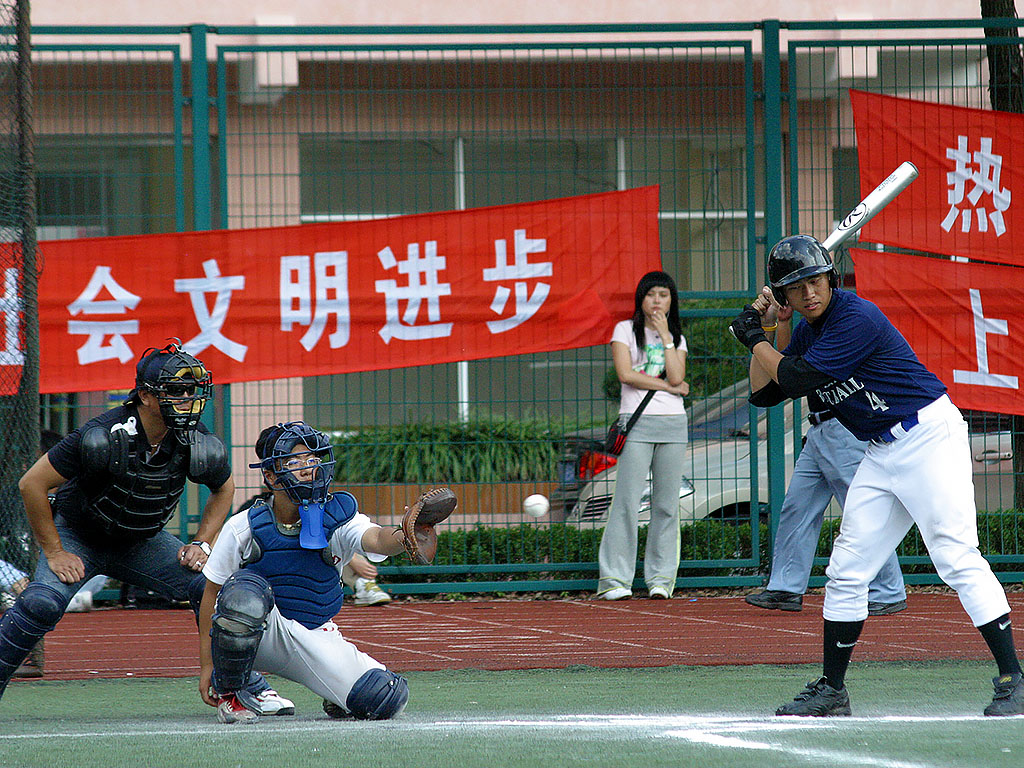
The comparative study of sports in China and the United States is uniquely positioned to shed light on the development and maintenance of civil society and the impact of globalization on local communities. In the case of China, using sports as a lens to see the emergence of civil society is especially timely and revealing. First, sports have become a major aspect of popular culture in postsocialist Chinese society beginning in the 1990s; sports-related industries, one of the fastest growing sectors of the rapidly growing Chinese economy, are projected for continued growth in light of the upcoming 2008 Olympics in Beijing. Second, sports comprise one area of popular culture where the state has allowed grass-roots organizations and media coverage to grow unimpeded; although the Chinese state has actively tried to censor politically-sensitive internet sites, sports-related communication has remained unconstrained, and both virtual and physical sports organizations have expanded. Third, despite its relatively liberal attitude towards sports, the Chinese state continues to be the primary organizer of sporting events and sports governing bodies, and sports continue to be closely linked to Chinese nationalism. As a result, sports organizations provide focused case studies for exploring the interpenetrated relationships between society and the postsocialist state, the growth of civic associations, and the development of a public sphere in China.
Sports in the United States are also especially relevant in exploring the health of American civil society. Robert Putnam cites the shift (where people are increasingly “bowling alone”) from participation to spectatorship in American sporting culture as weakening contemporary American civil society. In the early twentieth century, sports were considered by many American civic leaders to be a source of virtue, community-building, and a model citizenry; but at the dawn of the twenty-first century, with its bureaucratization and commodification, sports are increasingly considered a source of vice, materialism, and other social ills.
This research project seeks to determine the impact of sports and globalization on civil society by first mapping out the structural environment and cultural values of sports in Chinese and American local communities. Using social network analysis, the project will then compare Chinese and American ethnographic details to examine how sports differentially shape civil society in China and the United States. Contra Putnam, this project hypothesizes that the commodification, bureaucratization, and globalization of sports and popular culture do not atomize individuals in local communities, but rather through the transnational interconnectedness of sports organizations, these processes re-create deterritorialized interest-based communities that promote civic engagement in China and the United States.
Sports as popular culture shape the interactions between individuals and communities and between societies and nation-states through a particularly complex and layered set of processes, as will be detailed below in the theoretical discussion. Anthropological methodology that provides comparative, detailed, and empirically-based ethnographic accounts of the particularities of the social context and cultural practices are necessary for a deeper understanding of how sports shape contemporary social structure and local cultures.